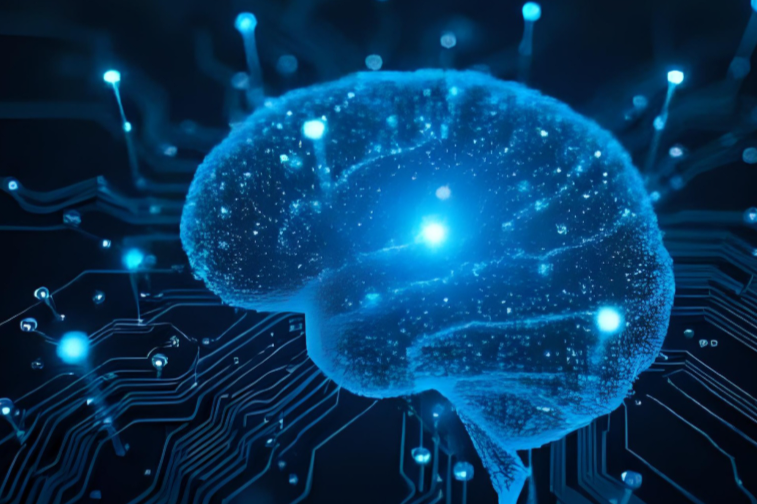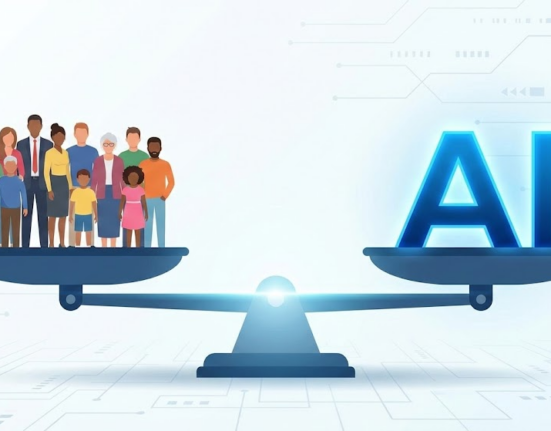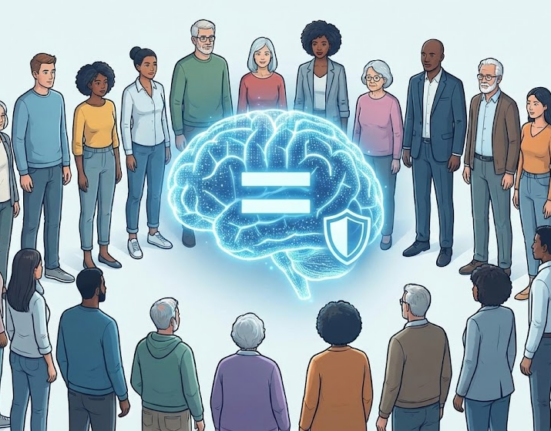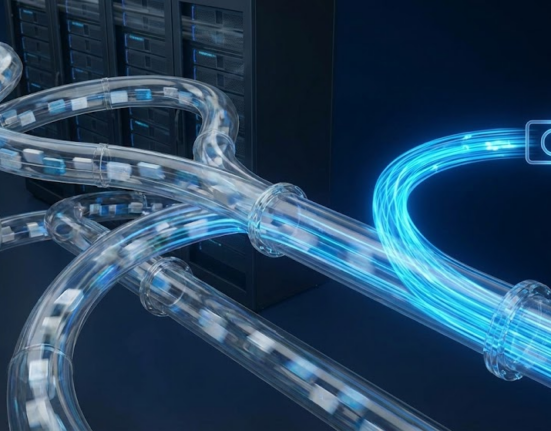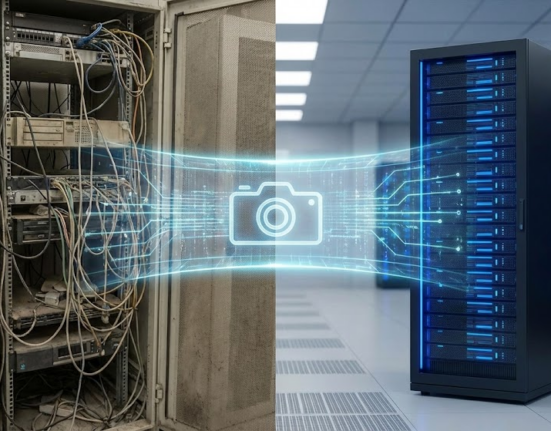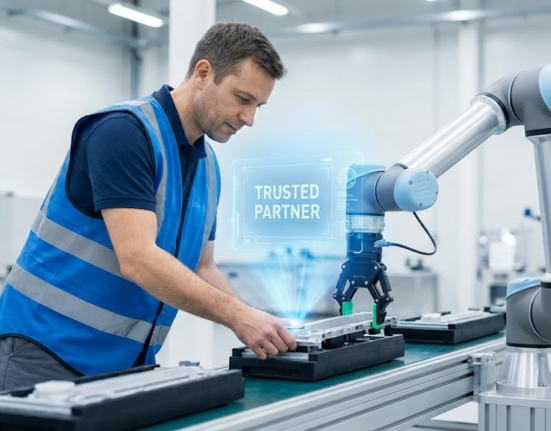Machine learning innovation is transforming how we create, build, and solve problems. From diagnosing diseases faster to predicting market trends, it’s the engine driving progress in nearly every industry. By teaching computers to learn from data, businesses and researchers are unlocking breakthroughs that were once impossible.
What Is Machine Learning Innovation?
Machine learning innovation refers to using algorithms that enable computers to learn from experience and improve automatically. Rather than relying on rigid programming, these systems adapt and evolve through exposure to data—fueling smarter, faster, and more creative solutions.
The Power of Data in Innovation
At the heart of machine learning innovation lies data. The more diverse and accurate the data, the better the system becomes at spotting trends and making predictions. This data-driven intelligence allows companies to make informed decisions that push innovation forward.
How Machine Learning Accelerates Progress
Machine learning innovation streamlines processes that once required hours of human effort. From customer service chatbots to predictive logistics, ML applications reduce inefficiencies while increasing accuracy. The result? Faster development, better outcomes, and smarter industries.
Alt text: machine learning innovation concept visualizing automation and data analysis
Automation: Powering Smart Efficiency
Automation through machine learning reduces manual workloads and minimizes errors. In manufacturing, robots detect defects instantly. In marketing, algorithms optimize campaigns in real time. The more ML improves, the faster innovation spreads across every field.
Predictive Insights: Anticipating the Future
One of the most powerful aspects of machine learning innovation is its predictive ability. Banks forecast credit risks, retailers anticipate demand, and hospitals predict patient outcomes—all by using ML models to read the future hidden within data.
Personalization: Redefining User Experience
Machine learning personalizes everything—from shopping recommendations to music playlists. By analyzing behavior, it tailors experiences to individual needs, creating loyalty and improving satisfaction. Personalization through ML is innovation made personal.
Machine Learning in Healthcare
In healthcare, ML innovation saves lives. Algorithms assist doctors in detecting early signs of disease, predicting treatment success, and even discovering new medications. This technology reduces human error while enhancing care quality and speed.
Transforming Finance with Machine Learning
Machine learning innovation is reshaping finance. Fraud detection systems monitor transactions in milliseconds. Predictive analytics guide investment strategies. Chatbots handle customer queries with precision—all powered by continuous learning from massive data streams.
Industrial and Supply Chain Innovation
In manufacturing and logistics, ML predicts maintenance needs before breakdowns occur. It optimizes supply chain routes and ensures quality control. With these innovations, companies save time, resources, and costs—boosting productivity on a global scale.
Alt text: industrial machine learning innovation improving supply chain and automation
Smart Cities and Sustainability
Machine learning innovation supports smart city development by analyzing urban data to reduce waste and optimize energy use. Traffic flow, air quality, and energy grids can now be managed more efficiently—creating more livable and sustainable cities.
Creativity and Collaboration Between Humans and AI
Innovation doesn’t stop at data—it extends into creativity. Machine learning tools assist artists, writers, and designers by generating ideas and enhancing creative workflows. Instead of replacing humans, ML acts as a powerful creative partner.
Ethical Considerations in Machine Learning Innovation
With great power comes great responsibility. Ethical use of machine learning ensures fairness, transparency, and privacy. Addressing issues like algorithmic bias is critical to keeping innovation inclusive and trustworthy.
Overcoming Challenges in Implementation
Implementing machine learning innovation isn’t easy. Challenges include limited data quality, high computational costs, and the need for skilled professionals. However, companies investing in talent and cloud infrastructure are seeing remarkable returns.
Future Trends in Machine Learning Innovation
The future of machine learning innovation includes breakthroughs like quantum computing, self-supervised learning, and federated AI. These technologies will make systems faster, smarter, and more secure—propelling innovation even further.
How Businesses Can Start
Businesses can start by identifying areas for improvement—customer service, forecasting, or process automation. Adopting small ML models first helps build confidence and lays the groundwork for larger innovation projects later.
Conclusion: The Next Era of Intelligent Innovation
Machine learning innovation is shaping the next industrial revolution. By merging data, automation, and intelligence, it enables humanity to solve problems faster and dream bigger. The journey has only begun—and the future looks incredibly smart.
FAQ
1. What does machine learning innovation mean?
It means using machine learning to create new solutions, automate processes, and improve decision-making across industries.
2. How is machine learning driving innovation in business?
It helps companies analyze data, predict trends, and automate workflows—reducing costs and speeding up progress.
3. What industries benefit most from machine learning innovation?
Healthcare, finance, manufacturing, and retail lead the way due to data-driven opportunities and efficiency gains.
4. What are the challenges of machine learning innovation?
Challenges include data privacy, bias, cost, and the need for skilled professionals to manage ML systems effectively.
5. What’s the future of machine learning innovation?
Future trends like quantum AI and federated learning will make machine learning faster, more ethical, and even more transformative.


